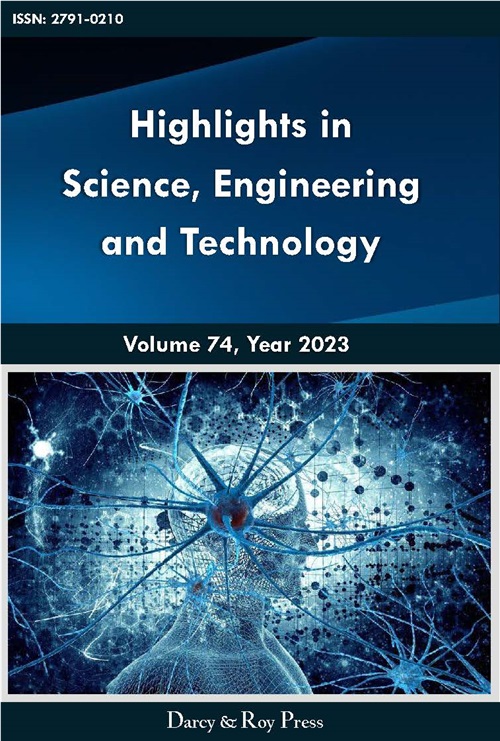Development of monoclonal antibodies targeting Her-2 and EGFR in the treatment of breast cancer
DOI:
https://doi.org/10.54097/hk6fb188Keywords:
monoclonal antibodies; Her-2; EGFR.Abstract
Breast cancer is the highest incidence of female cancer malignant tumors, the global incidence of breast cancer is about 12%, and the mortality rate is about 7%. For patients with breast cancer, surgery, radiotherapy, chemotherapy, targeted therapy, endocrine therapy, and immunotherapy are often used. Throughout history, monoclonal antibodies have revolutionized the breast cancer treatment patients. Her-2 and EGFR antibodies have been particularly important. Cetuximab and panizumab can block EGFR ligand binding, thereby preventing EGFR from functioning. Trastuzumab and pertuzumab are anti-Her-2 monoantibodies that have been clinically proven to be effective. Although endocrine therapy and anti-Her-2 targeted therapy have achieved certain results, these treatments are effective for all patients and have certain side effects. This paper examines the effects of five specific monoclonal antibodies on breast cancer, including benefits, drawbacks, and side effects, using clinical trial materials and academic papers published since 2001. This paper emphasizes Her-2 antibodies and breast cancer, as well as the role of specific Her-2 and EGFR antibodies.
Downloads
References
Tarantino, Paolo et al. “Her-2-Low Breast Cancer: Pathological and Clinical Landscape.” Journal Clinical Oncology: Official Journal of the American Society of Clinical Oncology vol. 38,17 (2020): 1951-1962.
Zhang, H., et al. Applying the New Guidelines of Her-2 Testing in Breast Cancer. Curr Oncol Rep 22, 51 (2020).
Uribe, M.L., et al. EGFR in Cancer: Signaling Mechanisms, Drugs, and Acquired Resistance. Cancers 2021, 13, 2748.
Guo, P., et al. (2017). Breast cancers with EGFR and Her-2 co-amplification favor distantmetastasis outcome. Oncology Letters, 14, 6562-6570.
Song, Xiang et al. “EGFR Promotes the Development of Triple Negative Breast Cancer.” Cancer managementand research vol. 12 703-717. 30 Jan. 2020,
Ignacio G, et al. Electroporation-Based Therapies for Cancer, 2014.Low and high voltage electrochemotherapy for breast cancer: an in vitro model study
Roche 2001 Herceptin product monograph.Macclesfield, Cheshire, UK: Gardiner-Caldwell Communications Ltd.
The Role of Cetuximab in the Treatment of Metastatic Colorectal Cancer Anticancer Research Sep 2012,32(9)4007-4011
Pol Specenier, et al. (2013) Cetuimab: its unique place in head and neck cancer treatment, Biologics:Targets and Therapy,77-90
Gemmete JJ, et al. Panitumumab (vectibix).AJNR Am J Neuroradiol. 2011, 32(6):1002-3.
Zeidler, R et al. “Simultaneous activation of T cells and accessory cells by a new class of intact bispecific antibody results in efficient tumor cell killing.”Journal of immunology 163,3(1999):1246-52.
Baselga, José et al. “Pertuzumab plus trastuzumab plus docetaxel for metastatic breast cancer.”The New England journal of medicine 366,2 (2012):109-19.
Wang, Tao, et al. “Efficacy and Safety of Inetetamab in Combination with Chemotherapy as First-Line Treatment of Her-2-Positive Metastatic Breast Cancer: A Subgroup Analysis in the Hopes Study.”Translational Breast Cancer Research
Downloads
Published
Issue
Section
License

This work is licensed under a Creative Commons Attribution-NonCommercial 4.0 International License.


















